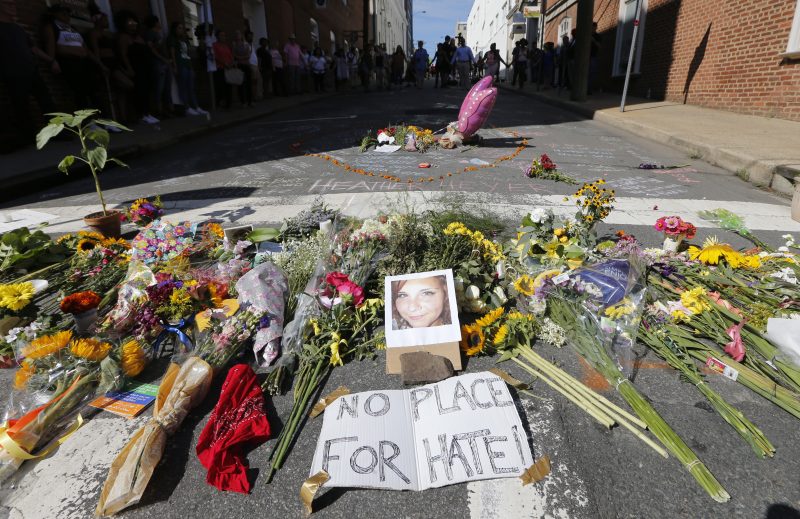In a recent controversial statement, President Trump referred to some participants in the Charlottesville protests as very fine people. While the comment sparked immediate outrage and condemnation, analyzing the broader context sheds light on the underlying message that the President may have been trying to convey. Let’s delve deeper into what Trump said and what he may have actually meant.
What Trump Said:
During a press conference following the Charlottesville protests in August 2017, President Trump made the following statement: You had some very bad people in that group, but you also had people that were very fine people on both sides.
What He Meant:
While the apparent praise for participants on both sides of the protest was widely criticized, some suggest that Trump’s intention was not to condone the actions of white supremacists or neo-Nazis. Instead, his statement may have reflected his focus on the broader issue of the removal of Confederate statues and monuments.
Trump’s emphasis on the presence of very fine people on both sides can be interpreted as a defense of those who were there to peacefully protest the removal of historical statues, separate from the violent extremists. This distinction is crucial in understanding the nuanced message that Trump was attempting to convey.
Nevertheless, the President’s failure to unequivocally denounce hate groups and his perceived equivocation in the aftermath of the Charlottesville tragedy fueled criticisms about his stance on racism and white supremacy. The impact of his words reverberated across the political spectrum and further polarized public opinion.
In conclusion, while President Trump’s comments about very fine people in the context of the Charlottesville protests generated controversy and backlash, dissecting the underlying message reveals a more nuanced perspective. Understanding the complexities of his statements requires a broader analysis of the cultural and political landscape at the time. Ultimately, it serves as a stark reminder of the power of words and the importance of clarity and sensitivity in addressing sensitive and divisive issues within society.
